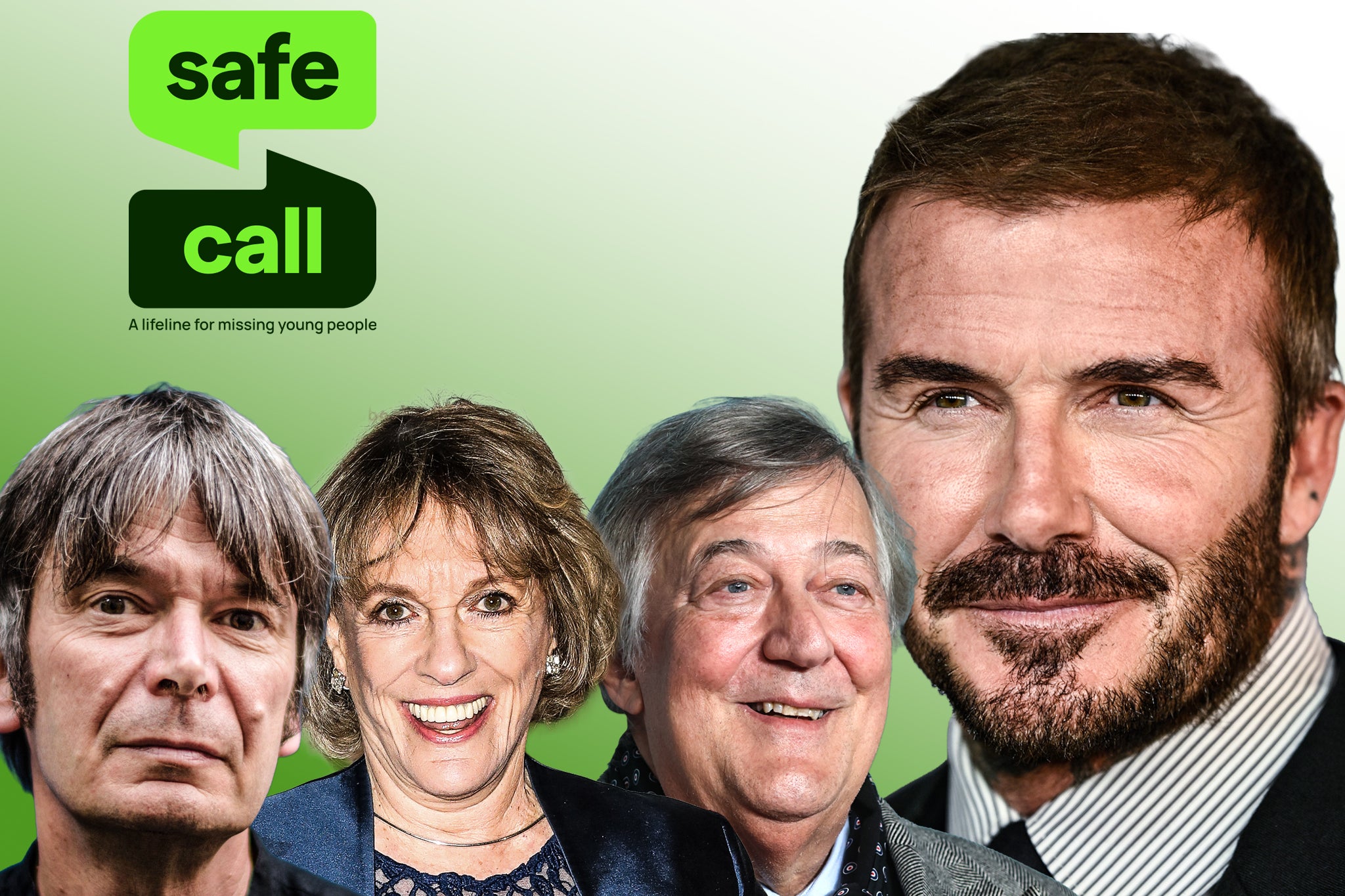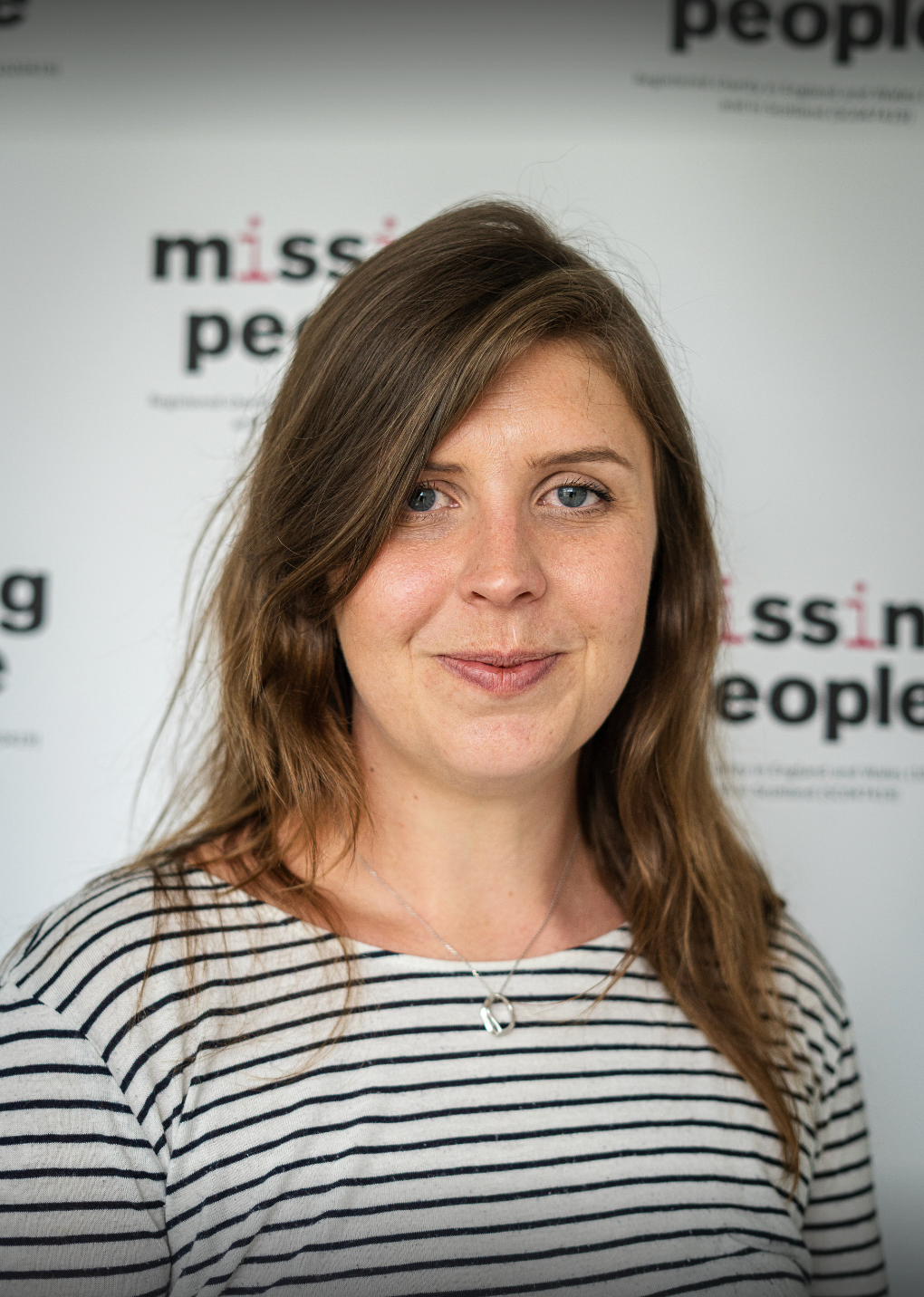A leading charity and senior psychologists have warned that autistic children may face heightened risks when they go missing in a hidden crisis that requires urgent national attention.
Missing People, the UK’s only charity dedicated to reconnecting people with their loved ones, said concerns have been raised across the charity sector that neurodivergent children could be in greater danger of disappearing, and are more at risk of harm like exploitation while they are missing.
Yet despite mounting evidence from frontline services, the charity says there is still a stark lack of formal research. Early indications suggest the scale of the issue could be far greater than records currently capture, leaving many autistic children without the specialist support they need.
As a result, Missing People is calling for tailored interventions to prevent young people from slipping through the gaps. Without this, the charity warns, autistic children at risk of going missing may be left navigating “damaging scenarios” at moments of acute crisis.
Josie Allan, head of policy and partnerships at the charity, told The Independent: “I think there are probably autistic young people being reported missing over and over again because we’re not intervening with the right support – that means people are continuing to be exposed to harm because we don’t know how to help them in the right way.”
The Independent is joining forces with Missing People to launch a new service that will be a lifeline for children in crisis. Co-designed and piloted by young people themselves, SafeCall will offer the support, safety and connection they need.
Our goal is to raise £165,000 to help fund this free service, so that the 70,000 children reported missing each year can find safety, no matter what. The charity currently reaches one in four of those children – and, with your support, SafeCall will reach many more.
Donate here or text SAFE to 70577 to give £10 to Missing People – enough for one child to get help.
Jane Hunter, head of research and impact at Missing People, explained that autistic people are more likely to experience the factors that are connected to being missing, such as mental health issues and exploitation. And there are some factors inherently linked to autism that can be a trigger for them disappearing, such as experiencing overwhelm or perhaps trusting people more easily.

Autism spectrum disorder, or ASD, is a lifelong developmental disability that affects how people perceive the world and interact with others, the National Autistic Society (NAS) said. An autistic person experiences their surroundings differently from others, which can impact their communication skills and their ability to relate to others. As the name suggests, autism is a spectrum condition, meaning that people can experience it in different ways.
More than one in 100 people is autistic, and there are at least 700,000 autistic adults and children in the UK, according to the NAS.
Clinical psychologist and visiting senior lecturer Dr Ann Ozsivadjian, who specialises in ASD and other neurodevelopmental conditions, said: “From both research and clinical experience, we know that autistic people are more likely to experience trauma and adversity – there are a lot of links that can be made there that could explain why someone might go missing and stay missing.”
When it comes to factors that might lead an autistic young person to disappear, she highlighted the increased likelihood that they have faced trauma or other adverse life experiences, their greater risk of mental health issues, such as depression and anxiety, and the burnout that can be caused by trying to fit into a neurotypical world.
Dr Elena Touroni, a consultant psychologist and co-founder of the Chelsea Psychology Clinic, explained that “leaving suddenly can be a way of coping or trying to regain control”.
Once an autistic young person has gone missing, Dr Ozsivadjian said: “They may be even more vulnerable to adversity, for example, traits such as greater difficulty understanding people’s intentions, leading to abuse or exploitation. Or they may be less likely to reach out and seek help, or make contact with loved ones, because of their communication differences, or perhaps difficulty thinking flexibly. They may also have fewer protective factors, such as social networks to reach out to.”
Dr Touroni explained that predictable, calm and safe environments, in which adults respond with understanding rather than judgement “can make a real difference”.
However, Ms Hunter said the response autistic young people get from authorities once they are missing is “often very damaging and can be linked to the fact they are autistic”.
Calling for better and more targeted support for autistic children, and neurodiverse young people more broadly, Ms Hunter said: “From everyone we speak to, such as the frontline services and networks we’re in, I’d be astonished if there wasn’t an overrepresentation of autistic people who go missing. And I suspect the majority are not getting a particularly good response.”
Ms Allan said: “If you don’t know how big that overrepresentation is, then you can’t respond appropriately... We’re missing opportunities for prevention. And how can you help people if you don’t understand what’s happening for them is different? You’re probably not providing good, tailored support.”

A National Police Chiefs’ Council (NPCC) spokesperson said: “Every day, police receive more than 1,000 reports of missing people within the UK.
“Each individual report is assessed and graded as high, medium or low risk, and appropriate resources and tactics put in place in order to help find that missing person alive and well.
“The police recognise there can be additional risks relating to neurodivergent children and this is reflected in the risk assessment leading to an enhanced police response.
“We have policing teams who are not only dedicated to investigating and searching for missing people, but who are also committed to working with partners to address root causes, prevent repeated missing episodes or to tackle exploitation.”
Please donate now to the SafeCall campaign, launched by The Independent and charity Missing People, to help raise £165,000 to create a free service to help find new, safe futures for vulnerable children.
For advice, support and options, if you or someone you love goes missing, text or call Missing People on 116 000. It’s free, confidential and non-judgemental. Or visit: missingpeople.org.uk/get-help
Drones, DNA and AI: How technology is transforming the search for missing people
Four ‘architects of the wild’ species to be reintroduce in Scotland
SafeCall campaign receives £35,000 in donations during first week
Sir David Beckham backs SafeCall campaign to help missing children
Cold weather warning in force with snow and ice ahead
Minister urges Labour MPs to ‘look closely’ at asylum plan amid backbench outcry







